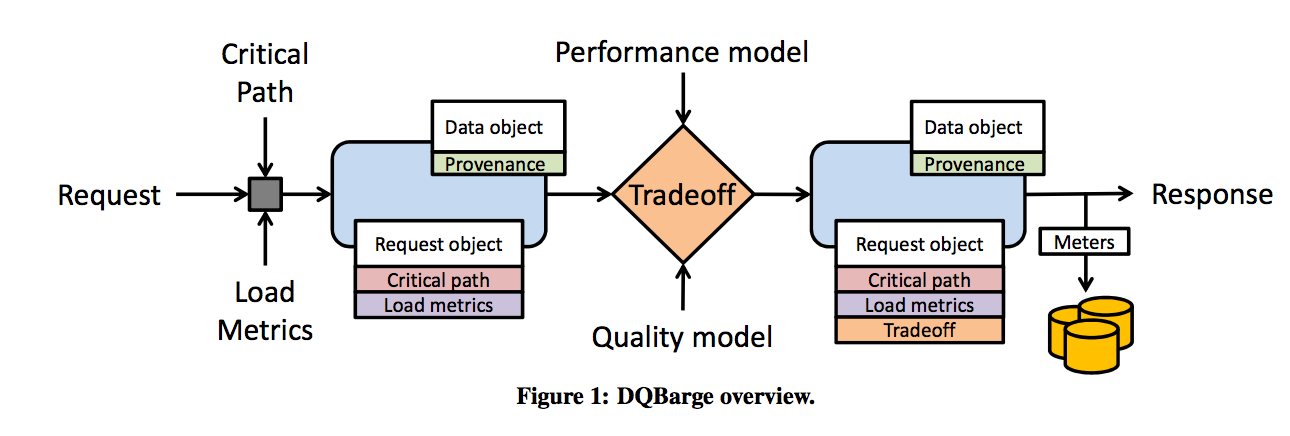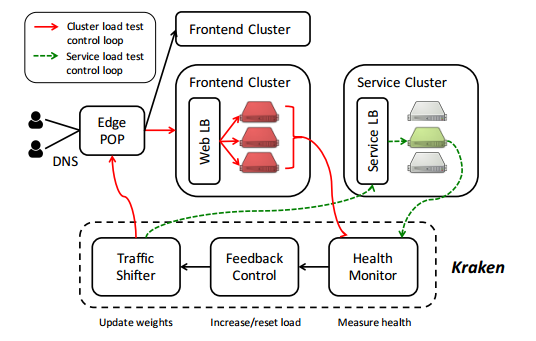SmoothOperator: reducing power fragmentation and improving power utilization in large-scale datacenters
SmoothOperator: reducing power fragmentation and improving power utilization in large-scale datacenters Hsu et al., ASPLOS'18 What do you do when your theory of constraints analysis reveals that power has become your major limiting factor? That is, you can’t add more servers to your existing datacenter(s) without blowing your power budget, and you don’t want to ... Continue Reading

